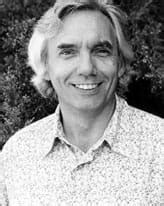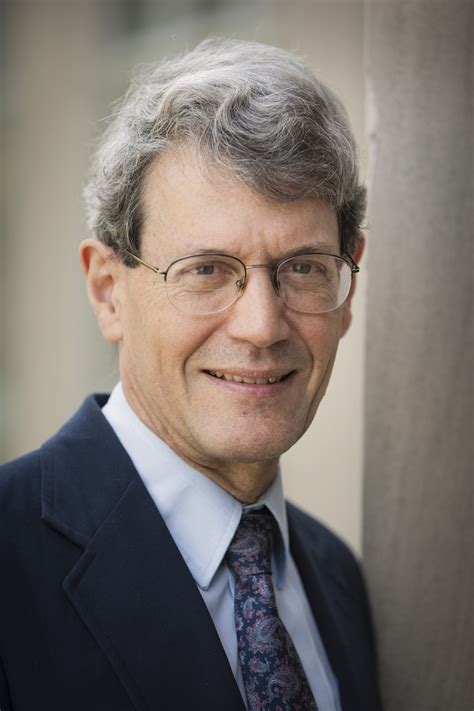A Quote by Joyce Meyer
We cannot stand through the storms of life based on someone else's faith. We must be fully assured in our own hearts and minds.
Related Quotes
Faith by its very nature must be tried, and the real trial of faith is not that we find it difficult to trust God, but that God's character has to be cleared in our own minds. Faith in its actual working out has to go through spells of unsyllabled isolation. Never confound the trial of faith with the ordinary discipline of life. Much that we call the trial of faith is the inevitable result of being alive.
To those of you mourn the loss of a loved one today, my heart goes out to you. We remember that the blessings that we enjoy as Americans came at a dear cost. Our nation owes a debt to its fallen heroes that we cannot ever fully repay. But we can honor their sacrifice, and we must. We must honor it in our own lives by holding their memories close to our hearts, and heeding the example they set.
In our own storms in life the Savior is our solace and our sanctuary. If we seek peace, we must come unto Him, the Man who suffered for mankind, who committed His life to healing the sick and comforting the disconsolate, is mindful of your sufferings, doubts, and heartaches. Living the gospel does not mean the storms of life will pass us by, but we will be better prepared to face them with serenity and peace.
Faith and daily life, faith and work-these are not separate things. They are one and the same. To think of them as separate-that faith is faith, and work is work-is theoretical faith. Based on the recognition that work and faith are one and the same, we should put one hundred percent of our energy into our jobs and one hundred percent into our faith, too. When we resolve to do this, we enter the path of victory in life. Faith means to show irrefutable proof of victory amid the realities of society and in our own daily lives.
We still (sometimes) remember that we cannot be free if our minds and voices are controlled by someone else. But we have neglected to understand that we cannot be free if our food and its sources are controlled by someone else. The condition of the passive consumer of food is not a democratic condition. One reason to eat responsibly is to live free. (pg. 323, The Pleasures of Eating)
I usually say the aim of life is to be happy. Our existence is based on hope. Our life is rooted in the opportunity to be happy, not necessarily wealthy, but happy within our own minds. If we only indulge in sensory pleasure, we'll be little different from animals. In fact, we have this marvellous brain and intelligence; we must learn to use it.
Each of us must come to care about everyone else's children. We must recognize that the welfare of our children and grandchildren is intimately linked to the welfare of all other people's children. After all, when one of our children needs lifesaving surgery, someone else's child will perform it. If one of our children is threatened or harmed by violence, someone else's child will be responsible for the violent act. The good life for our own children can be secured only if a good life is also secured for all other people's children.
I do have faith. I don't have faith that a God exists, nor do I have faith that one does not; I have absolute faith that I do not know, cannot know, am only human, am an infinitesimal creature packed onto a cramped planet crowded with seven billion bodies, and as many yearning hearts, and as many questioning minds.
In order to trust God, we must always view our adverse circumstances through the eyes of faith, not of sense. And just as the faith of salvation comes through hearing the message of the gospel (Romans 10:17), so the faith to trust God in adversity comes through the Word of God alone. It is only in the Scriptures that we find an adequate view of God's relationship to and involvement in our painful circumstances. It is only from the Scriptures, applied to our hearts by the Holy Spirit, that we receive the grace to trust God in adversity.
Sometimes differences arise partly from incomplete information. We are finite. And we should admit that there are cases of uncertainty. But often the differences become exacerbated because of sinful inclinations underneath the surface, which incline us to prefer our own ideas and not to submit to what is less comfortable. We must be cautious about accusing anyone else of sin. We don't know people's hearts. But we must also avoid being naïve about the subtlety of sin and the corrupting effects of sin on the mind - our own minds, not only the mind of the other fellow.



































